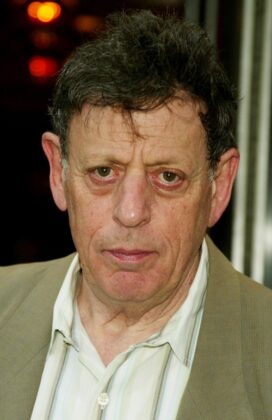Facts about Philip Glass
Philip Glass Biography
Philip Glass is a New York-based composer of avant-garde music, known for an elaborately structured and repetitive style that has been ironically dubbed “minimalist.” Trained on violin as a child, he studied music in the 1950s and was composing by the 1960s. In the mid-1960s he worked with sitar great Ravi Shankar and notated Eastern music for Western musicians, and after some time in Europe he returned to New York in 1967 with a new approach to composition. Critically acclaimed in New York art circles, Glass gained national fame in the late 1970s and early ’80s, thanks to radical works like the four-record set and multimedia stage production Einstein on the Beach (1976), popular records such as Glassworks (1982) and The Photographer (1983) and soundtracks to the movies Koyaanisqatsi (1982) and Mishima: A Life in Four Chapters (1985, directed by Paul Schrader). Since then he’s composed ensemble pieces, operas and soundtracks and become one of the most celebrated living composers in the United States. His operas include Satyagraha and The Voyage, his records include Songs From Liquid Days (1986) and Music in Twelve Parts (1996) and he’s been Oscar-nominated for his soundtracks for Notes on a Scandal (2006) and The Hours (2002) and Kundun (1998).

